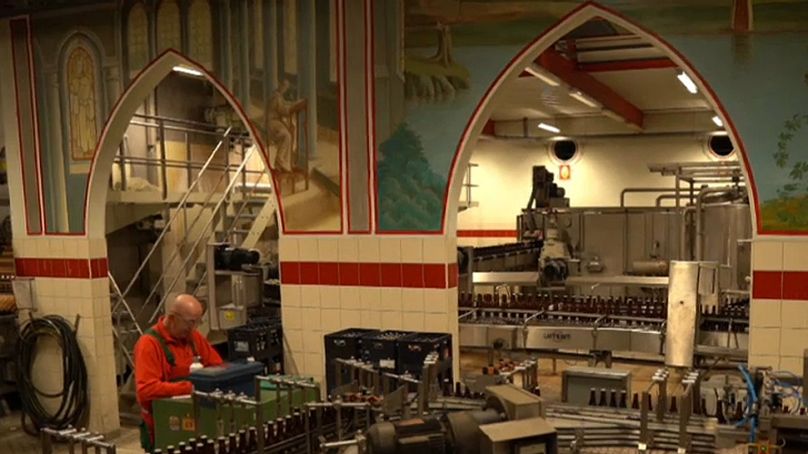Miracle of nature: Trappist monks turn waste into water
Published on by Water Network Research, Official research team of The Water Network in Case Studies
Trappist monks in the Netherlands are turning brewing waste into pure, clean drinking water, thanks to a combination of modern technology and nature itself.
It’s part of the NextGen European research project aimed at improving the management of water resources used in industry and agriculture.
The monks at Koningshoeven Abbey in Berkel-Enschot started brewing beer in 1884.
Today the brewery produces some 145,000 hectolitres a year - at an average rate of around 10,000 bottles per hour.
But it’s not without an environmental cost. Every hour, the brewery produces 15 cubic metres of wastewater.

We thank God for the Creation, for its beauty and its cleanliness. But at the same time, we are involved in an activity which is heavily polluting.
Brother Isaac, Koningshoeven Abbey Brewery
The brewery’s director, Brother Isaac, told Futuris: "We pray seven times a day. We start at 4am. We thank God for the Creation, for its beauty and its cleanliness. But at the same time, we are involved in an activity which is heavily polluting. So our aim is to give this water back to nature. But for that we first need to purify the waste water. Our final aim is to turn waste water into drinking water, into water that we can drink."
The abbey has a special greenhouse that can treat 438 cubic metres of wastewater every day, with the help of 200 different plant species and 3,000 types of bacteria.
István Koller, an adviser with the local water board, said: "What we are building here is a kind of luxury residence for all kinds of bacteria. So that they can feel comfortable and they do their job, cleaning the water."
The installation will soon be able to also recover carbon, nitrogen and phosphorous from wastewater.
Scientists want to expand the scope of water in the circular economy and eventually help to develop new approaches, solutions and business models.
NextGen aims to boost sustainability and bring new market dynamics throughout the water cycle at the 10 demo cases and beyond. Three key areas of action are foreseen:
The project will asses, design and demonstrate a wide range of water-embedded resources, including:
Media
Taxonomy
- Biological Treatment
- Biological Treatment